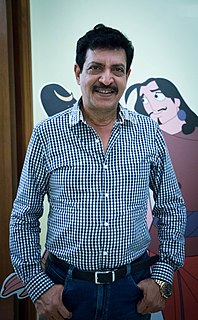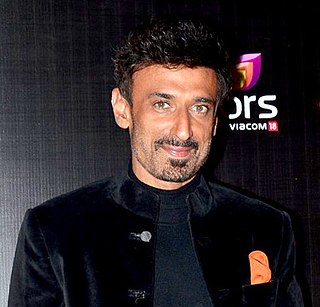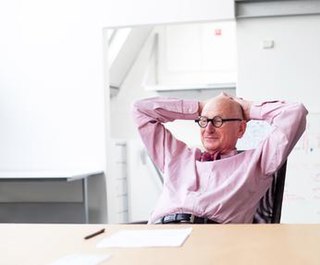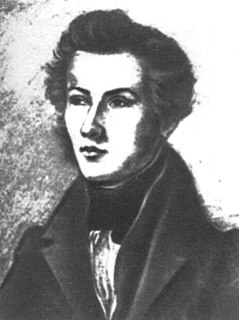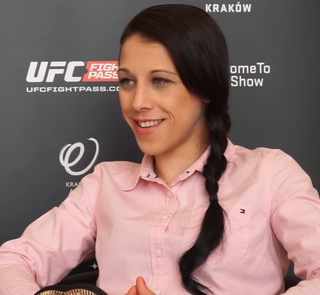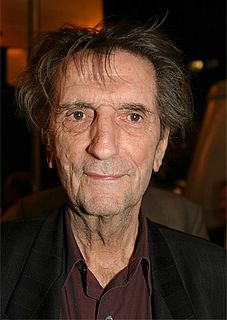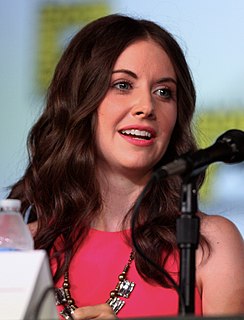A Quote by Nizhalgal Ravi
I wanted to be different and went in for roles with substance after my first film itself.
Related Quotes
Therefore, criticism has to direct itself against itself, and against the mysterious Substance in which it has up to now hid itself. In this way criticism must resolve things such that the development of this Substance drives itself forward to the Universality and Certainty of the Idea of its actual existence, the Eternal Self-consciousness.
I was 16, I just wanted to do something in my life. I wanted to be healthy, I wanted to lose some weight and I went for my first training. In the beginning I didn't know what Muay Thai meant. You know? But I liked it so much, and after six months of training I had my first competition in Poland. I won, and after that I knew that I wanted to do it.
